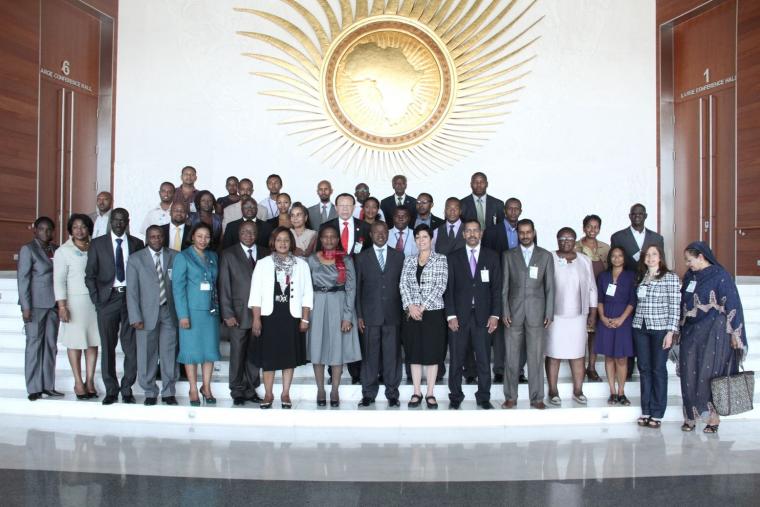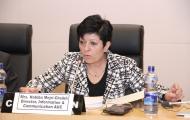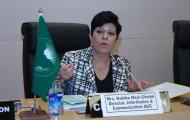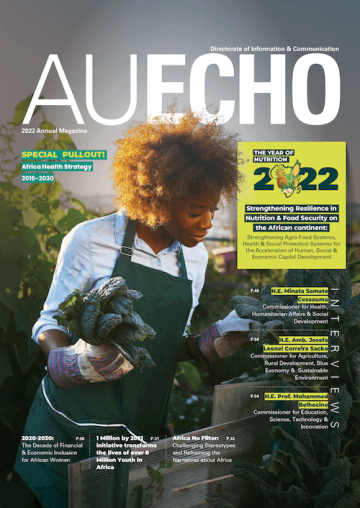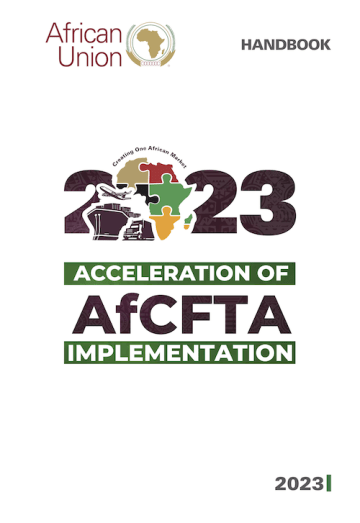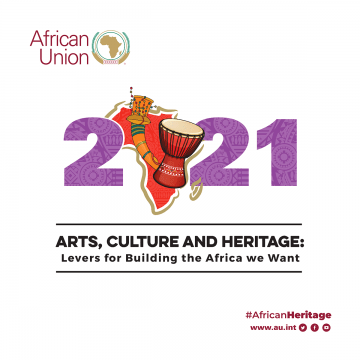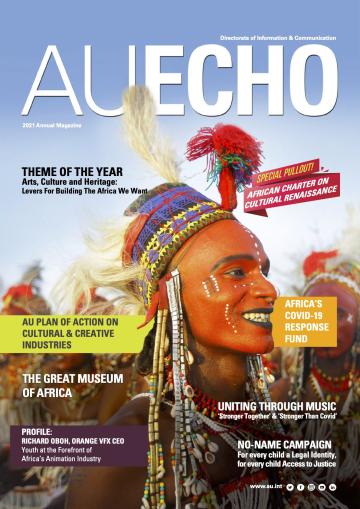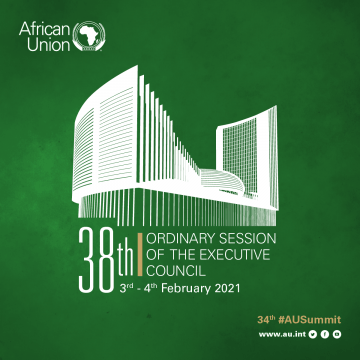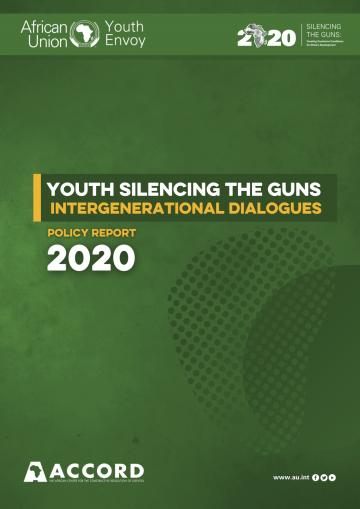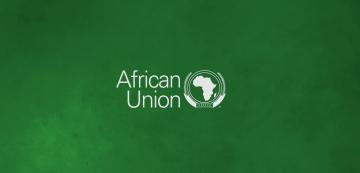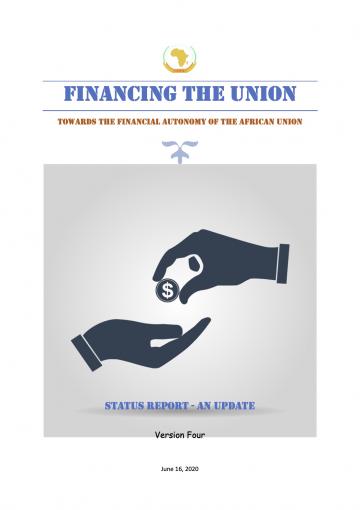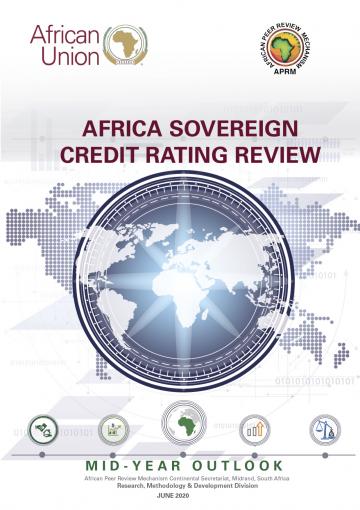Ressources
-
décembre 23, 2021
L'ANNÉE DE LA NUTRITION - Renforcer la résilience en matière de nutrition et de sécurité alimentaire sur le continent africain : Renforcement des systèmes agro-alimentaires, des systèmes de santé et de protection sociale pour l'accélération du développement du capital humain, social et économique.
-
août 02, 2021
Un guide de référence pratique qui fournit des informations essentielles sur le système de l’UA.
-
mars 22, 2021
Theme: ‘Arts, Culture and Heritage: Levers for Building the Africa We Want’
-
février 16, 2021
"Leviers pour construire l'Afrique que nous voulons"
- février 03, 2021
-
novembre 13, 2020
Youth Silencing the Guns Intergenerational Dialogues: Policy Report 2020
-
septembre 30, 2020
(Videoconference)
As of 21 September 2020
AU STATUTORY MEETINGS From 30 September to 22 October 2020 - juillet 13, 2020
- juillet 07, 2020
-
juin 16, 2020
1. The AU needs adequate, reliable and predictable resources to implement its programmes so as to achieve its development and integration goals. Successive Summits of the AU have since 2015, taken financial reform decisions, to ensure there is sound and predictable finances to address the historical challenges the African Union has faced. These are;
-
juin 10, 2020
This report is authored by the African Peer Review Mechanism, a specialised entity of the African Union, in collaboration with the African Development Bank and the United Nations Economic Commission for Africa. It is a bi-annual publication on developments and trends in the area of sovereign credit rating services by international rating agencies among African countries.
- juin 01, 2020











